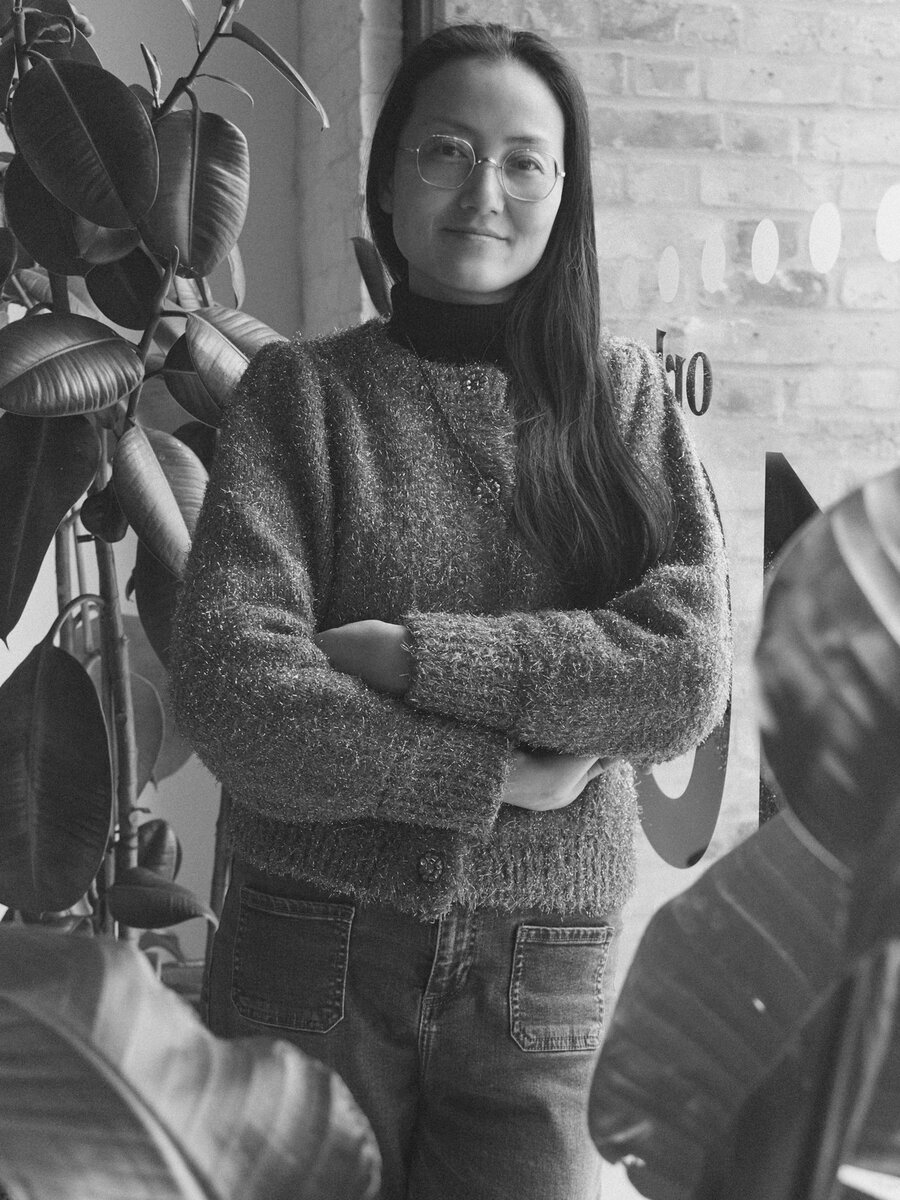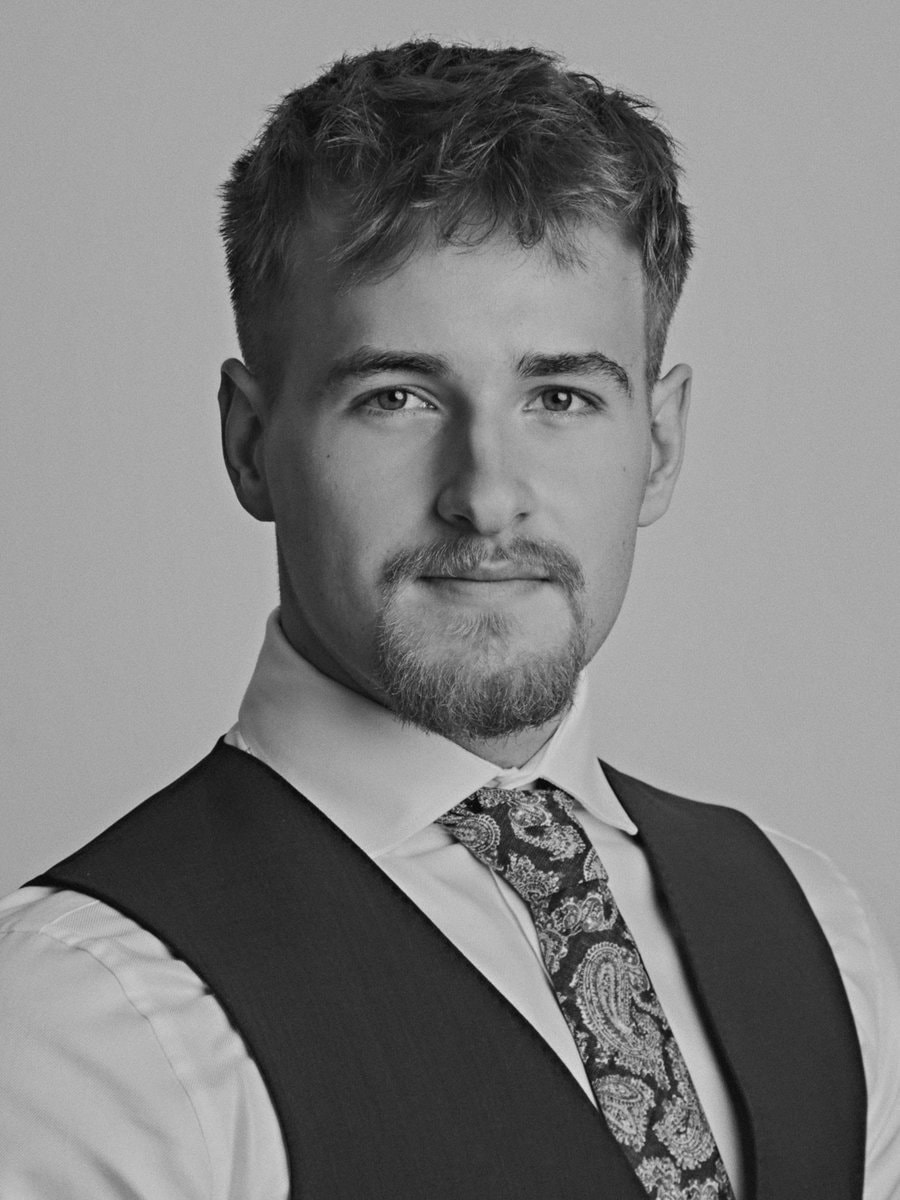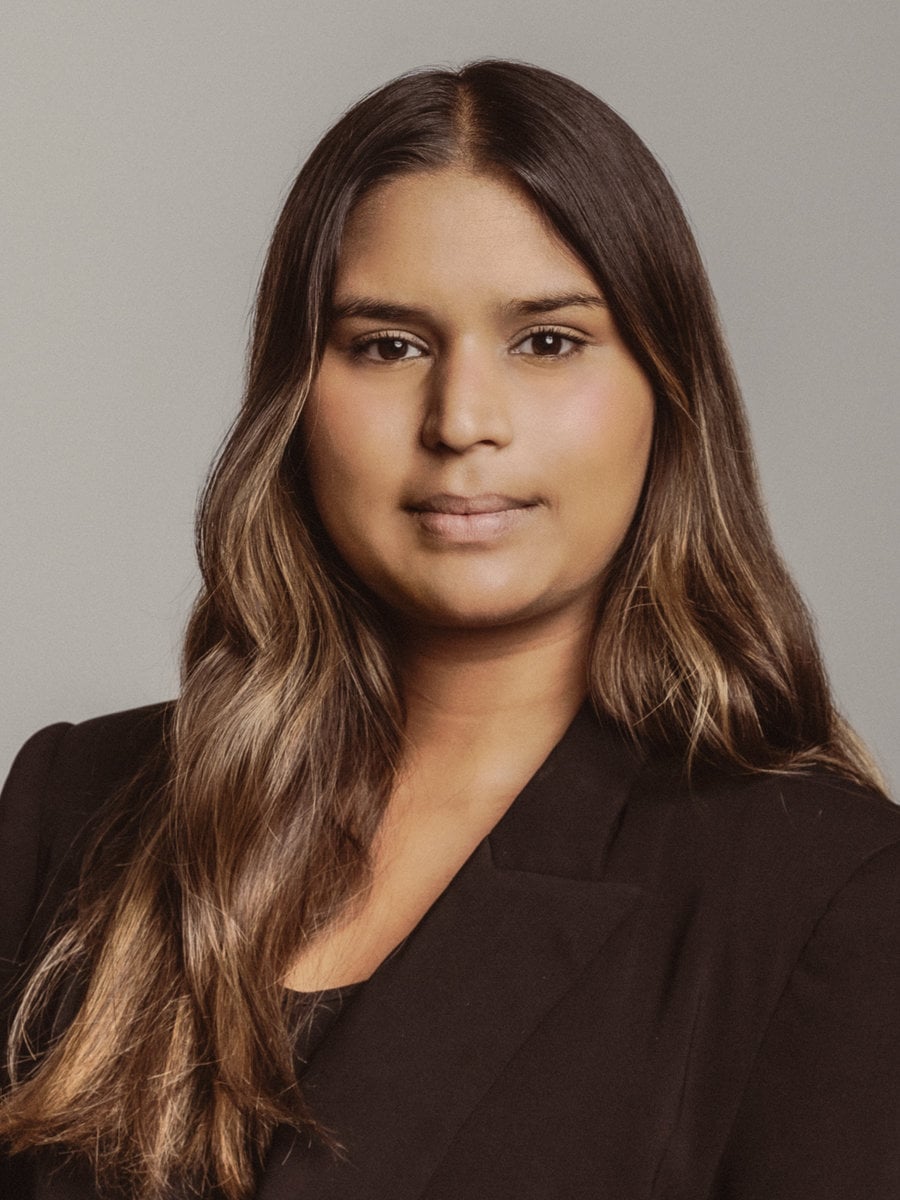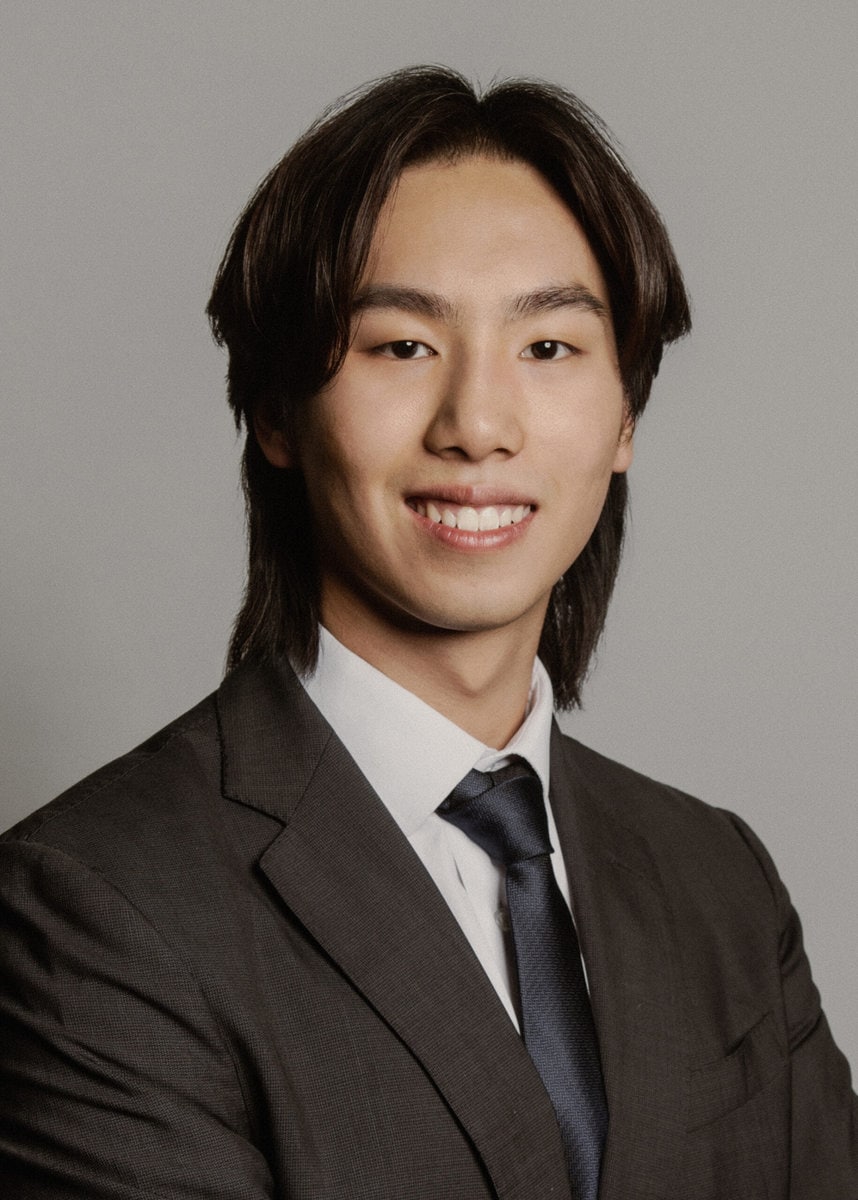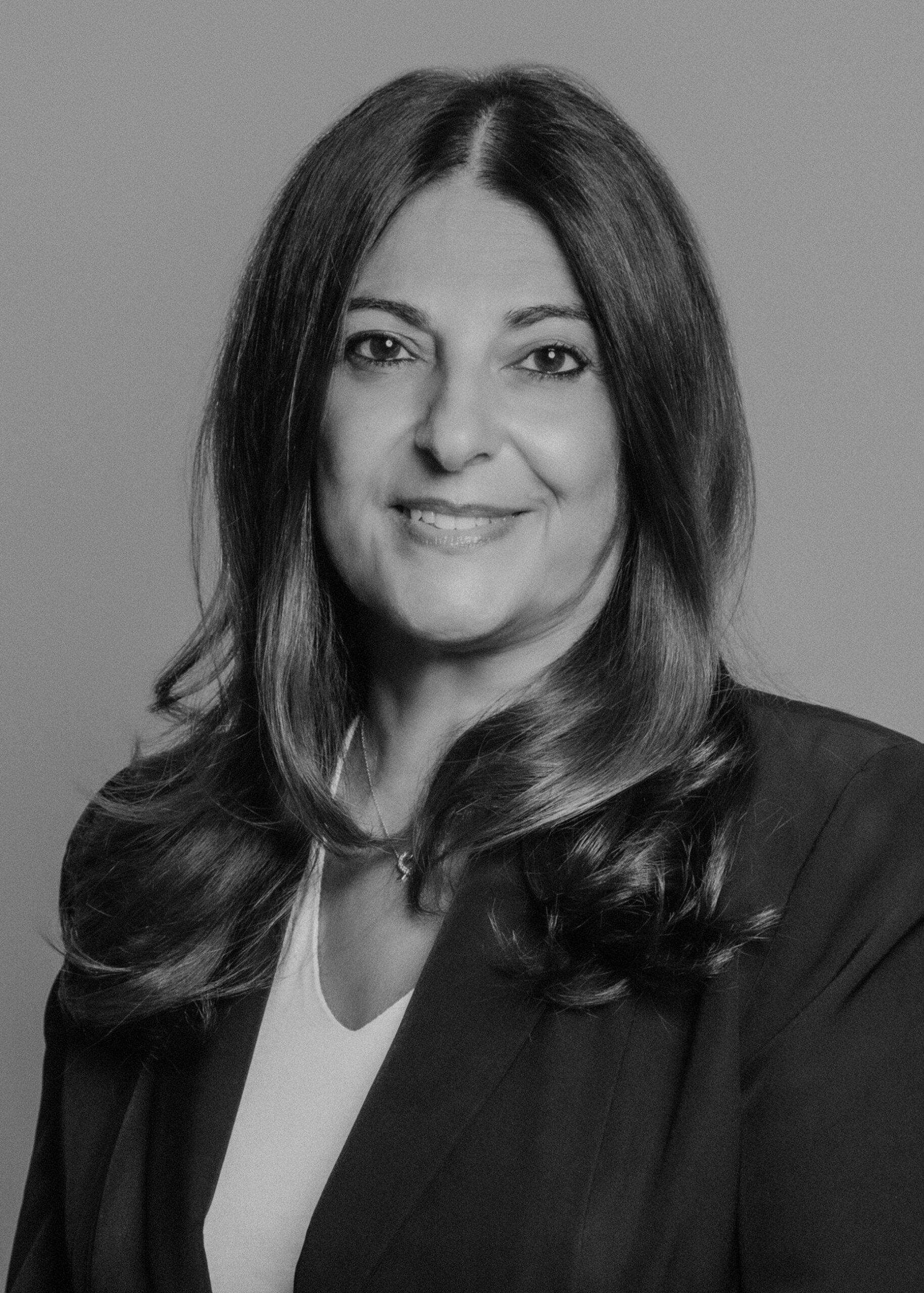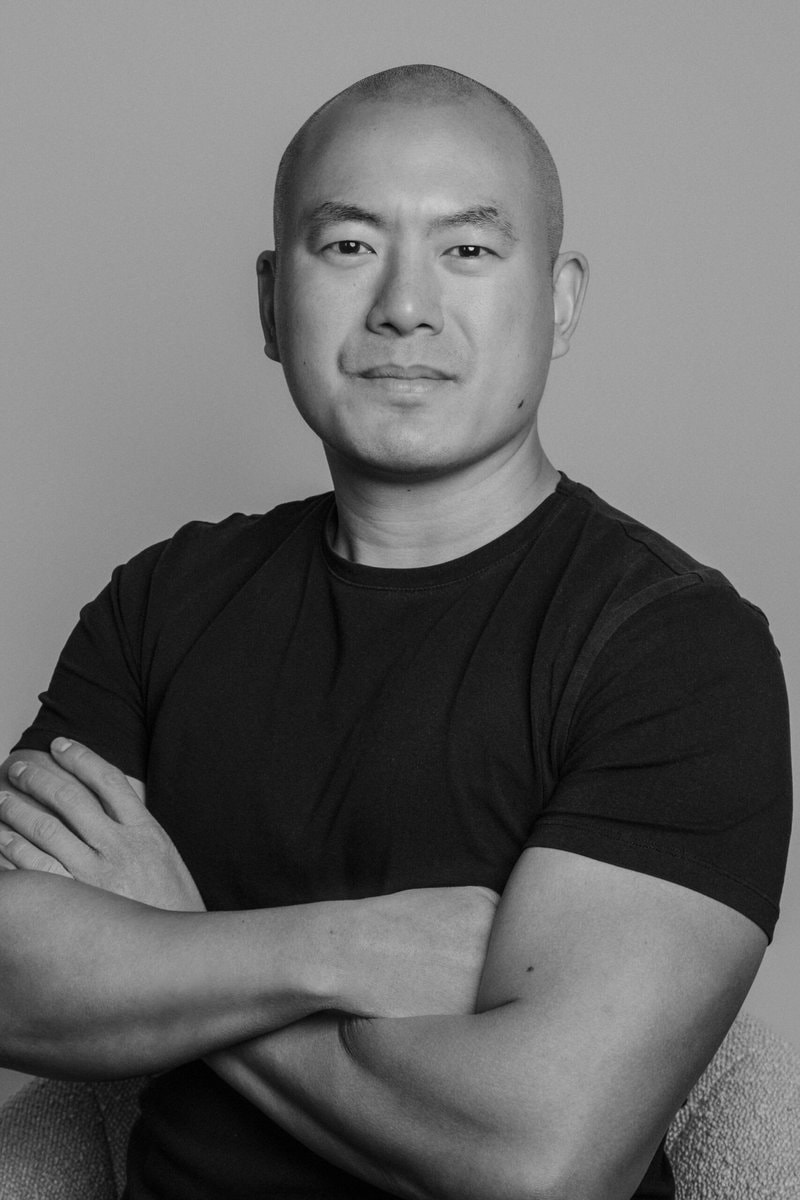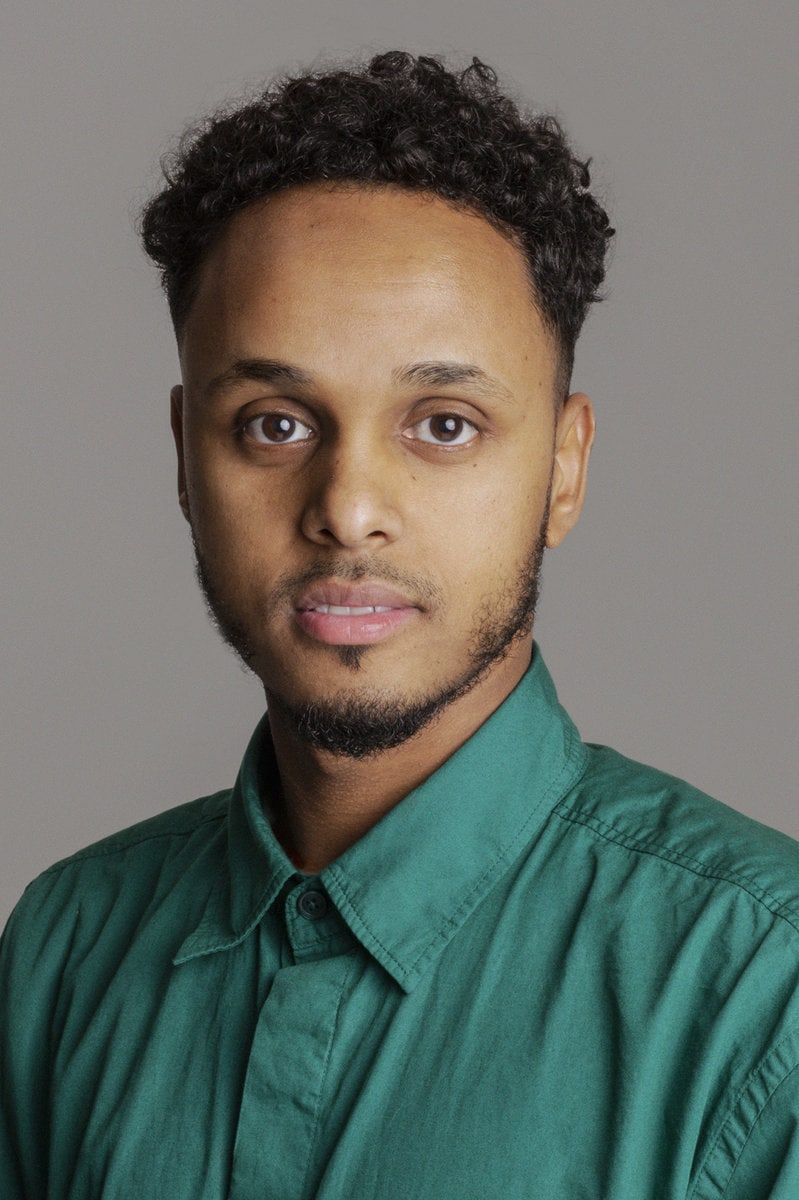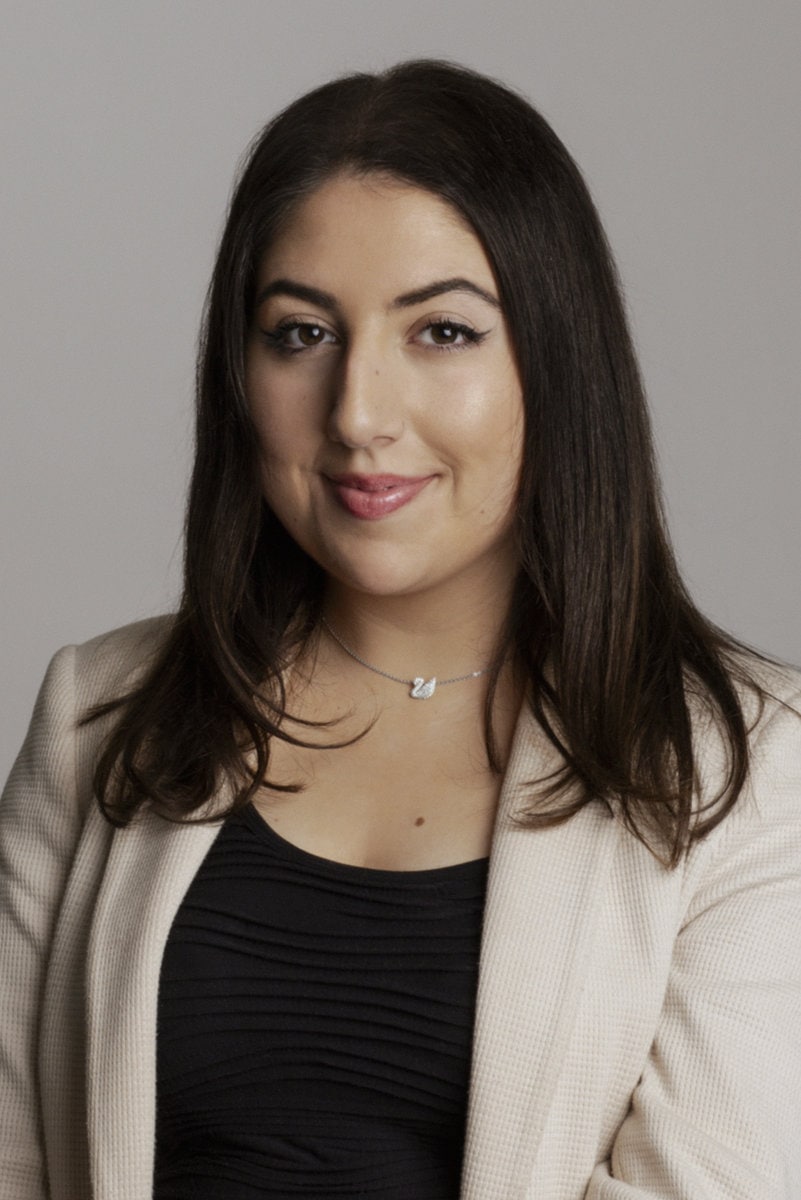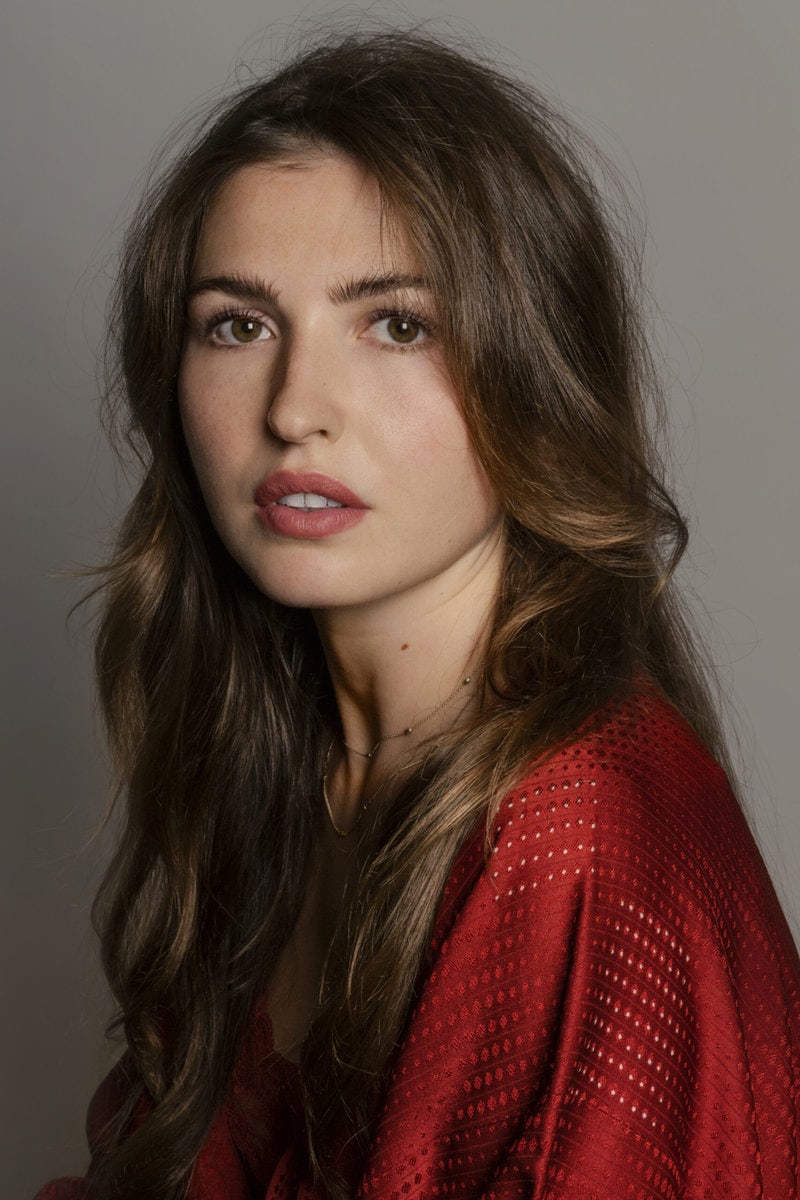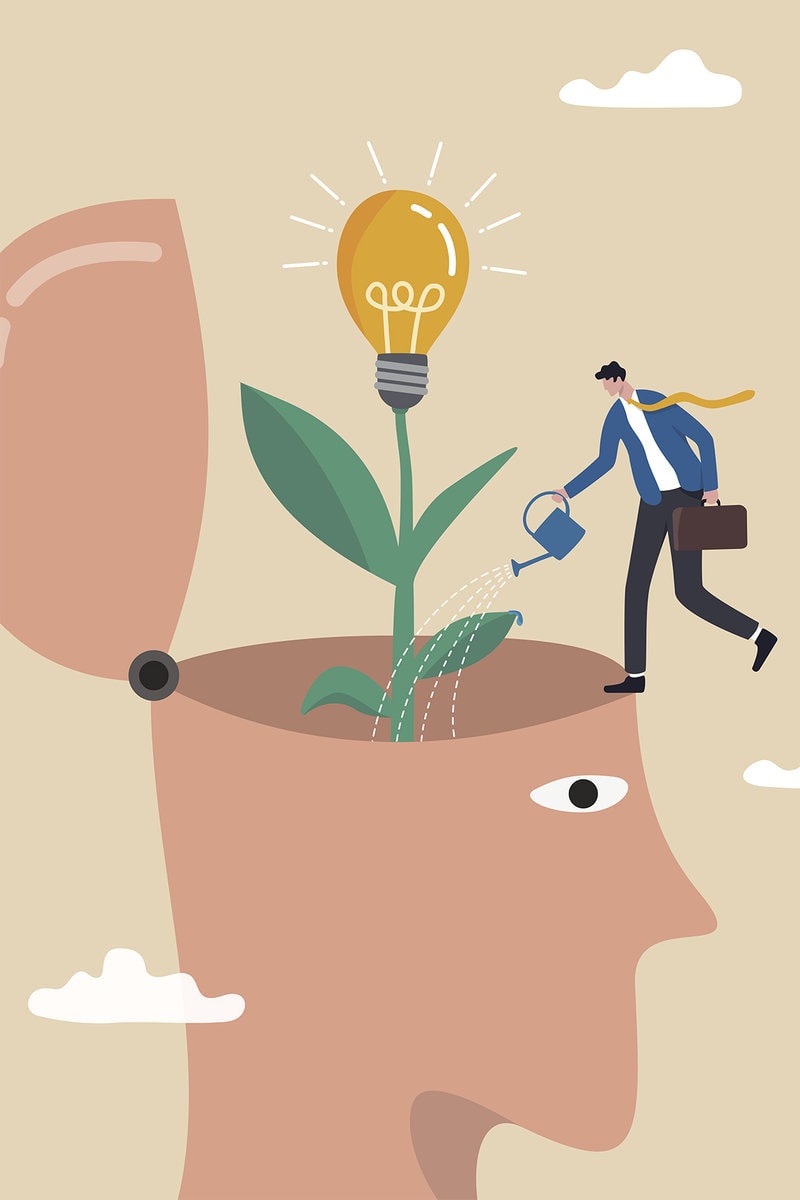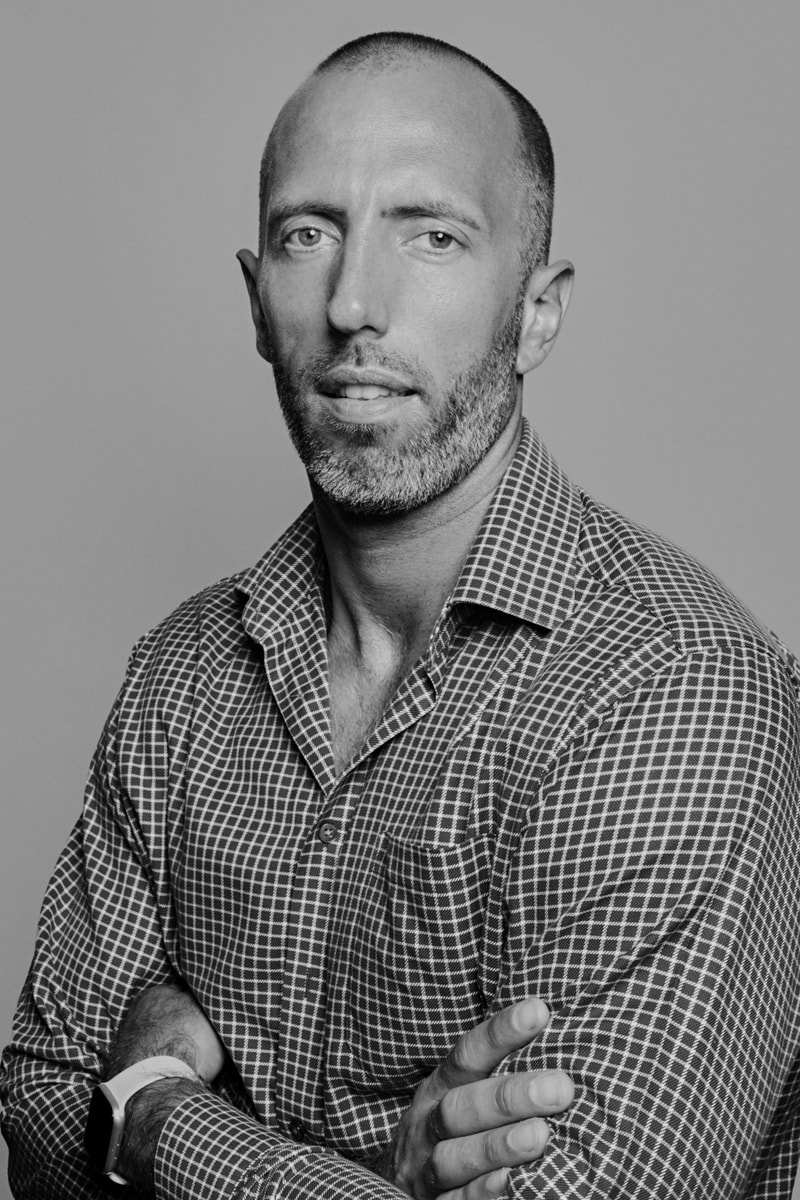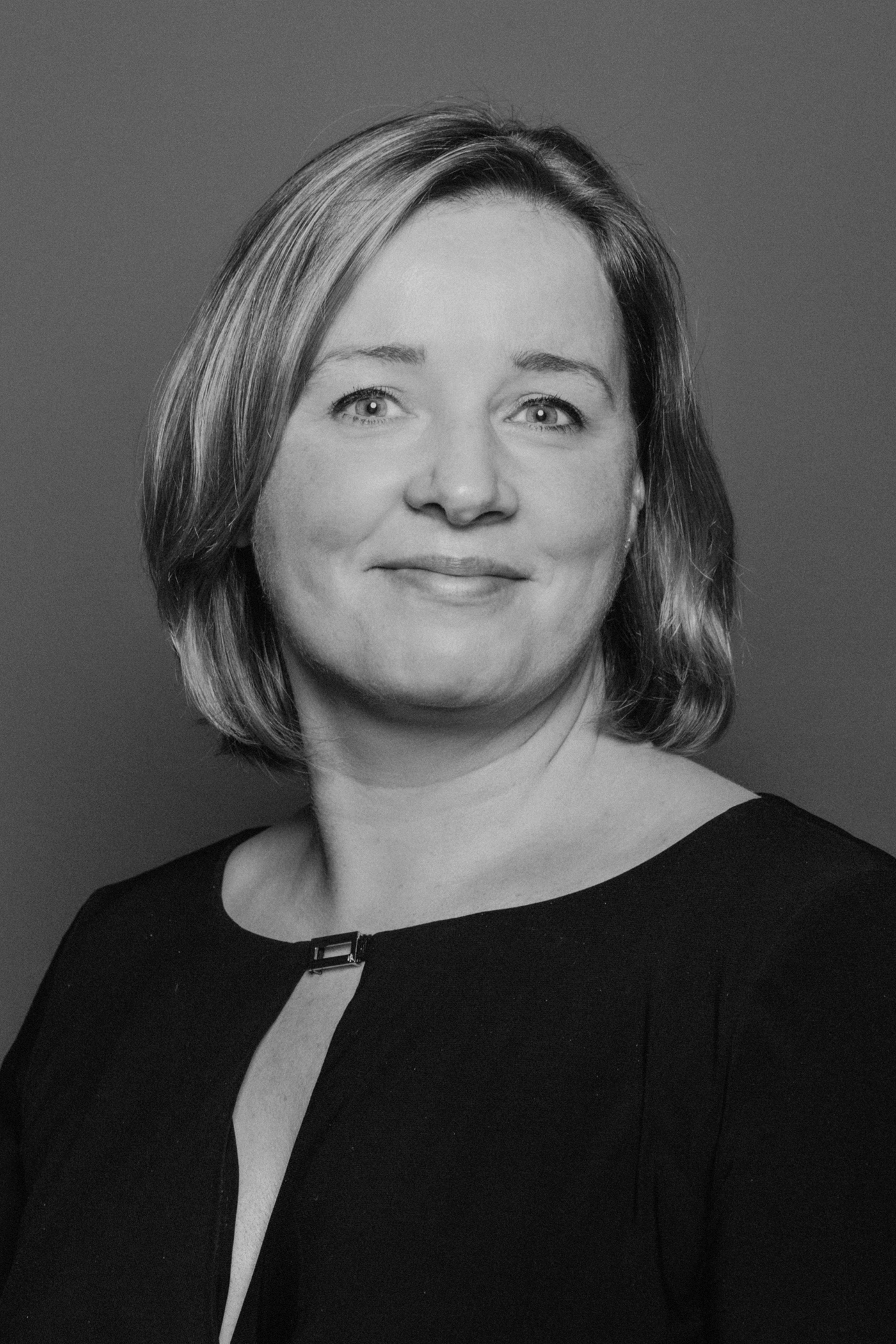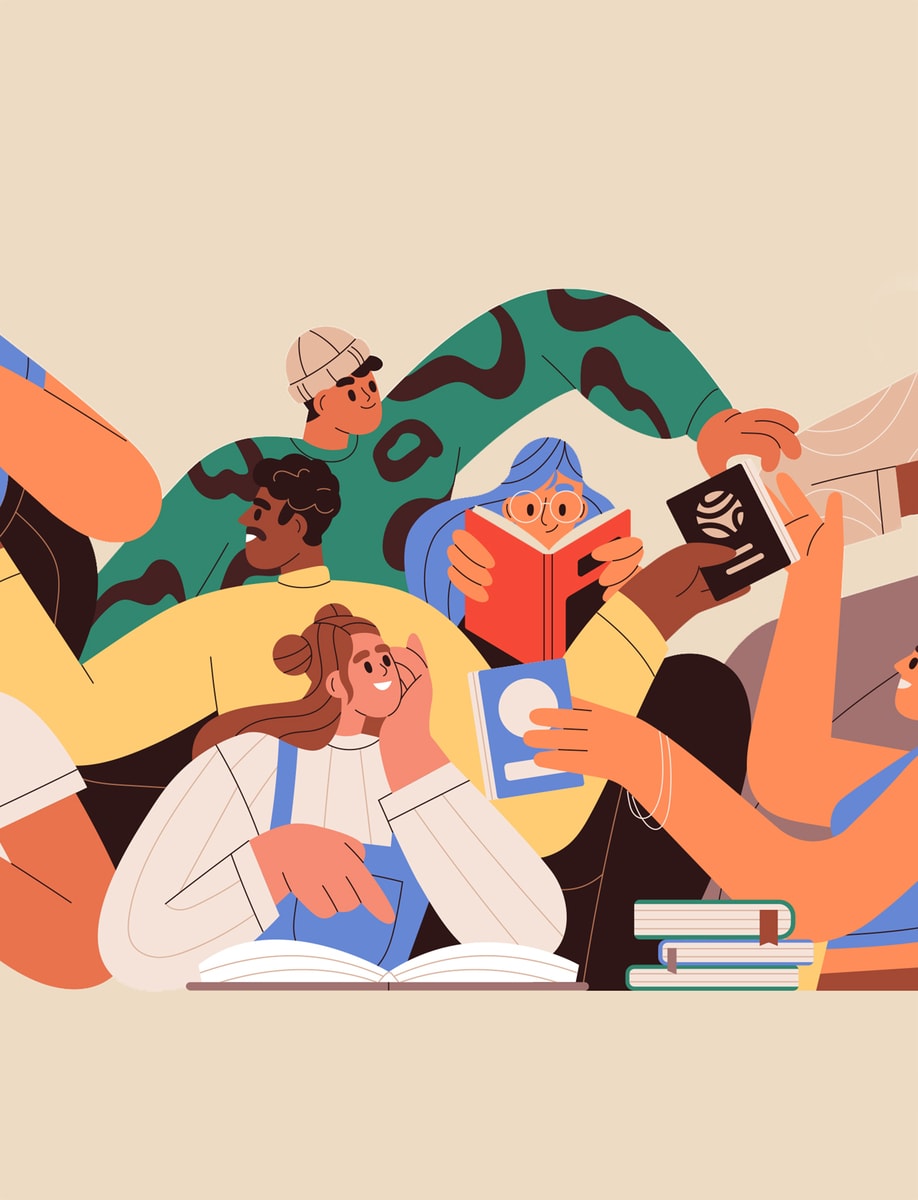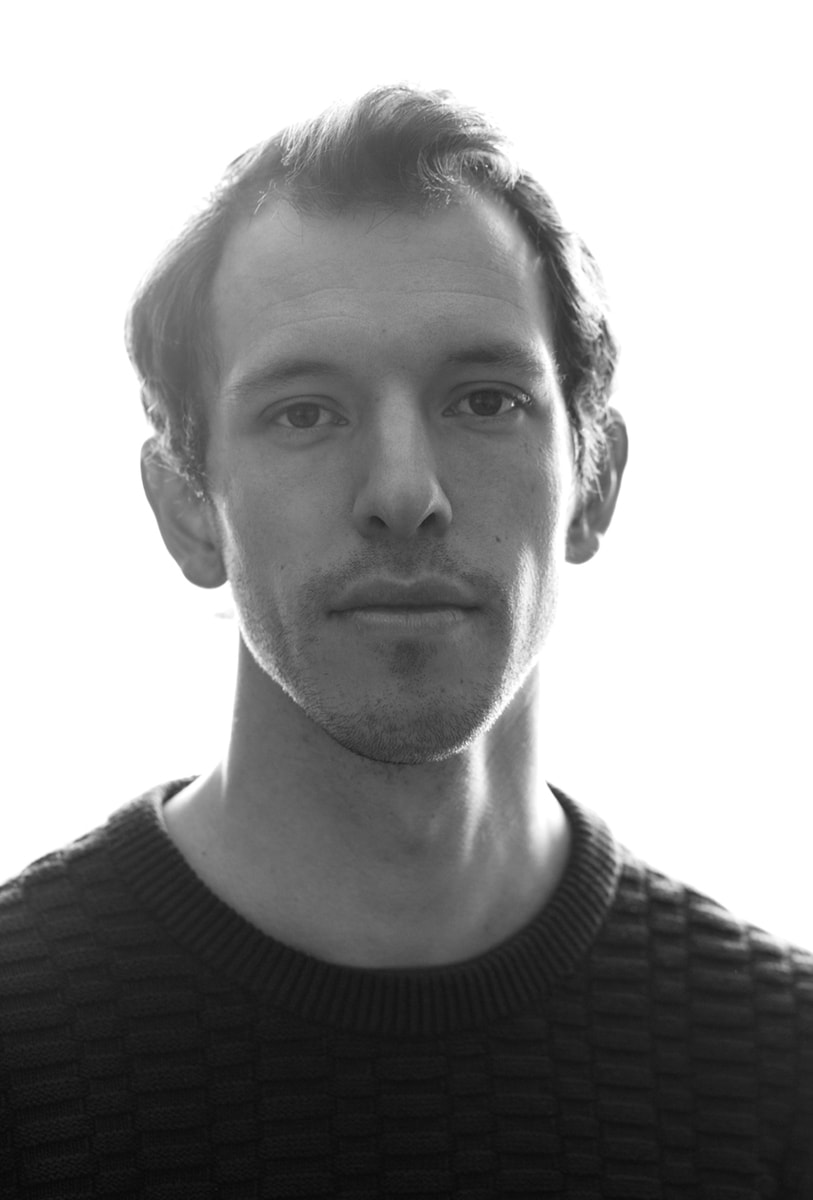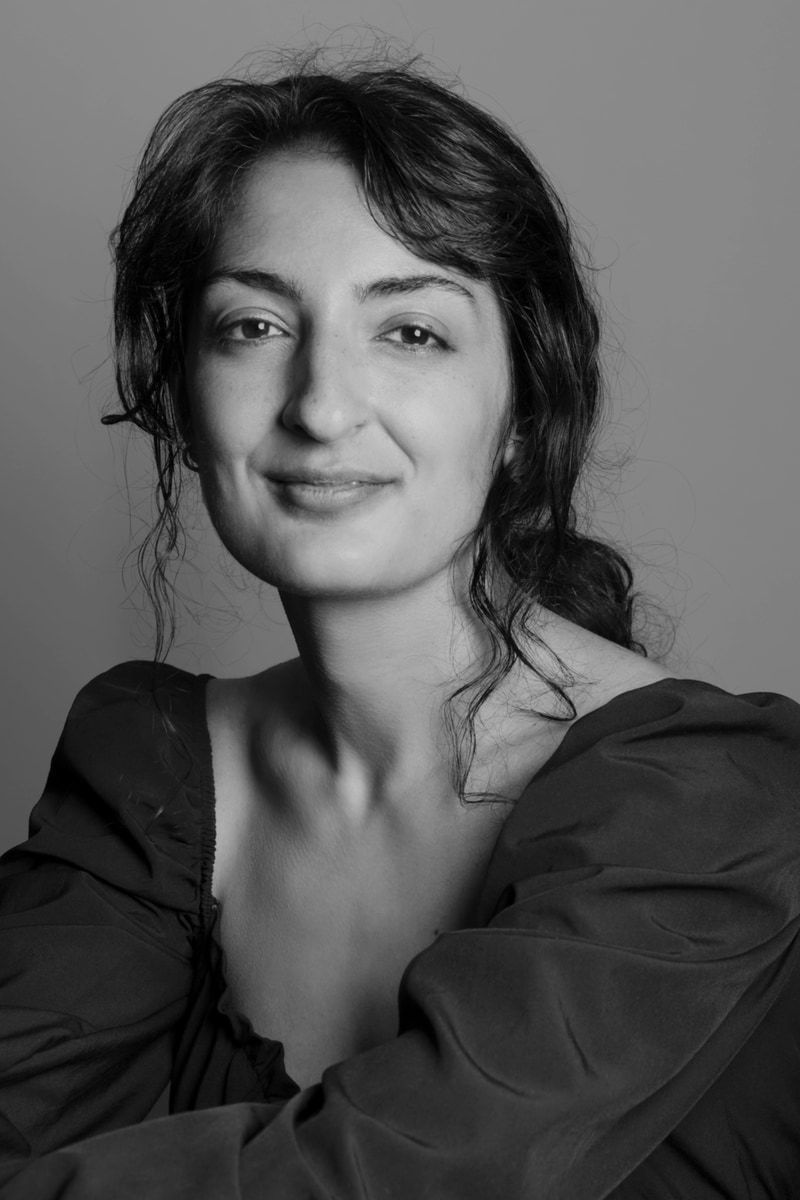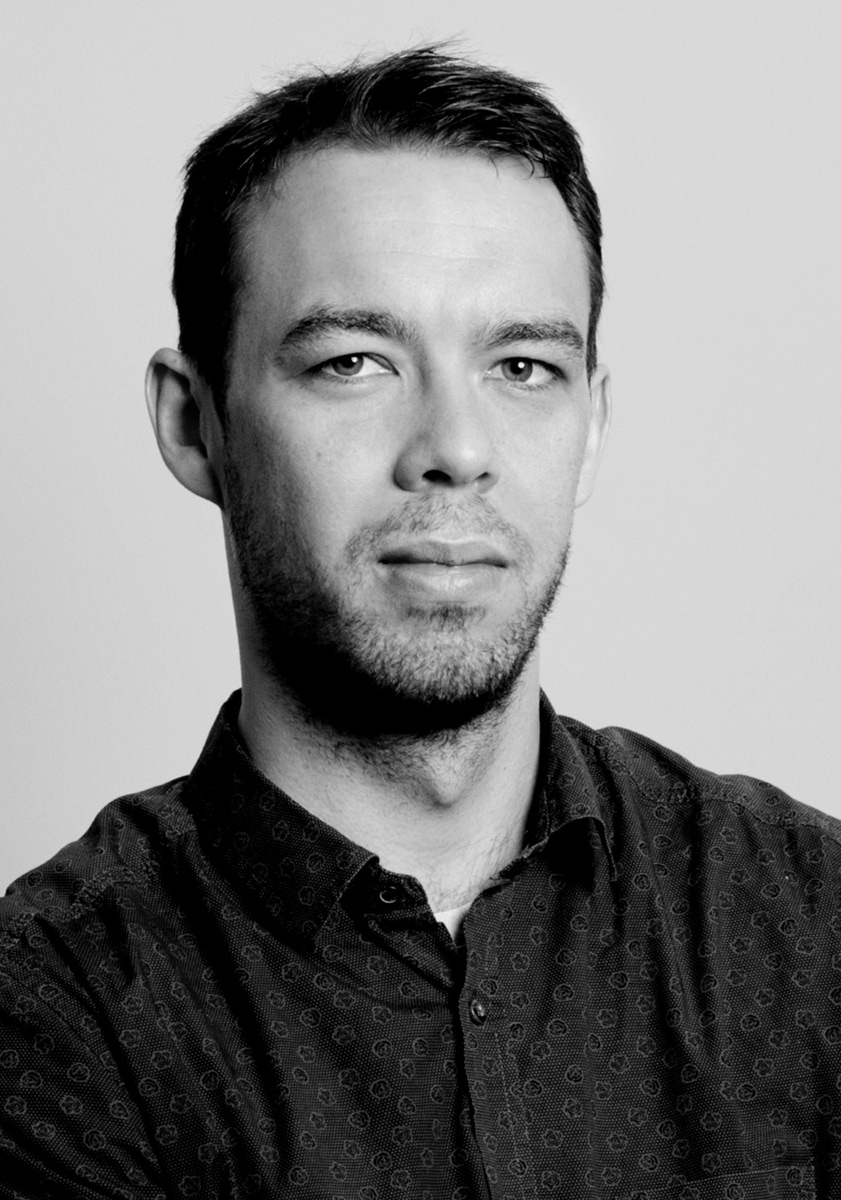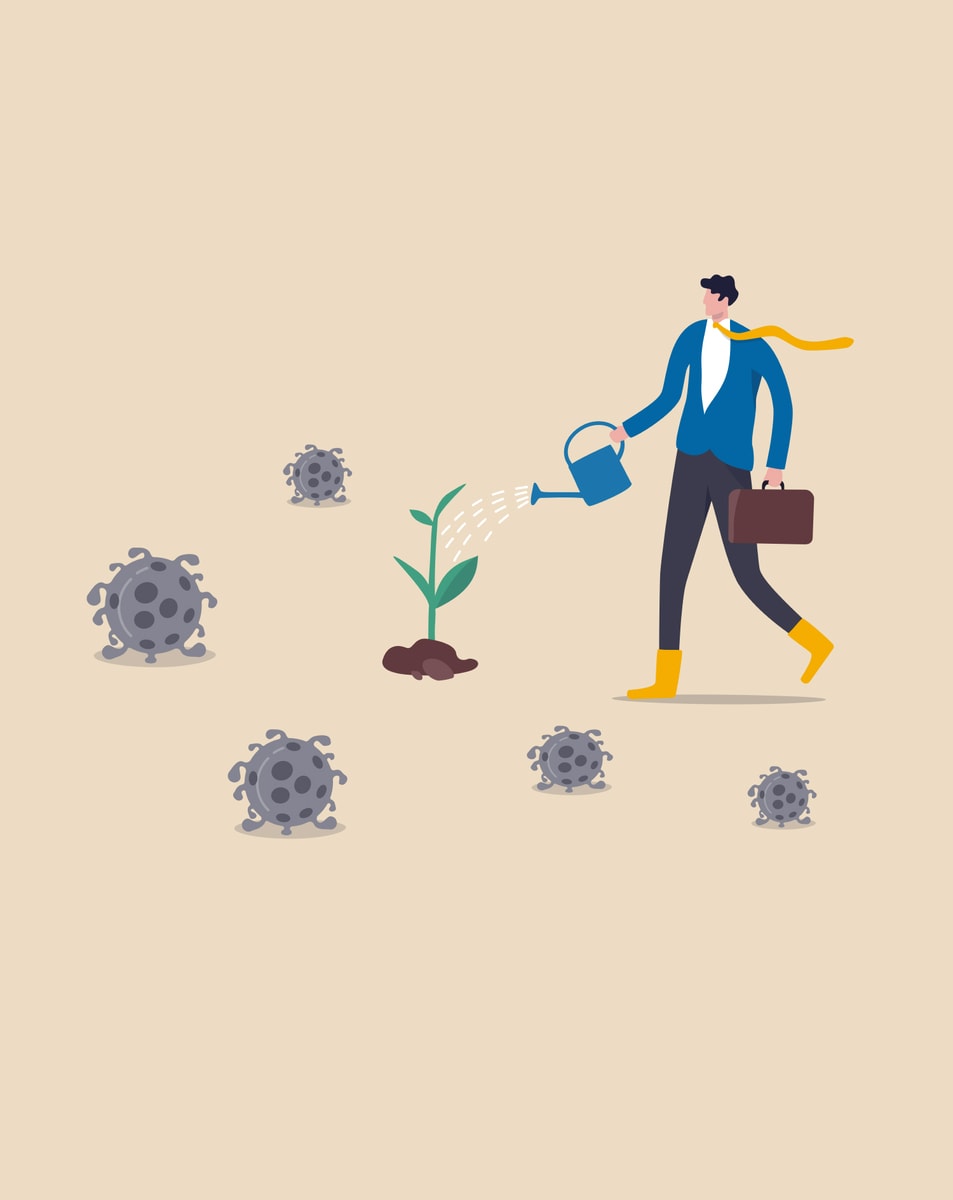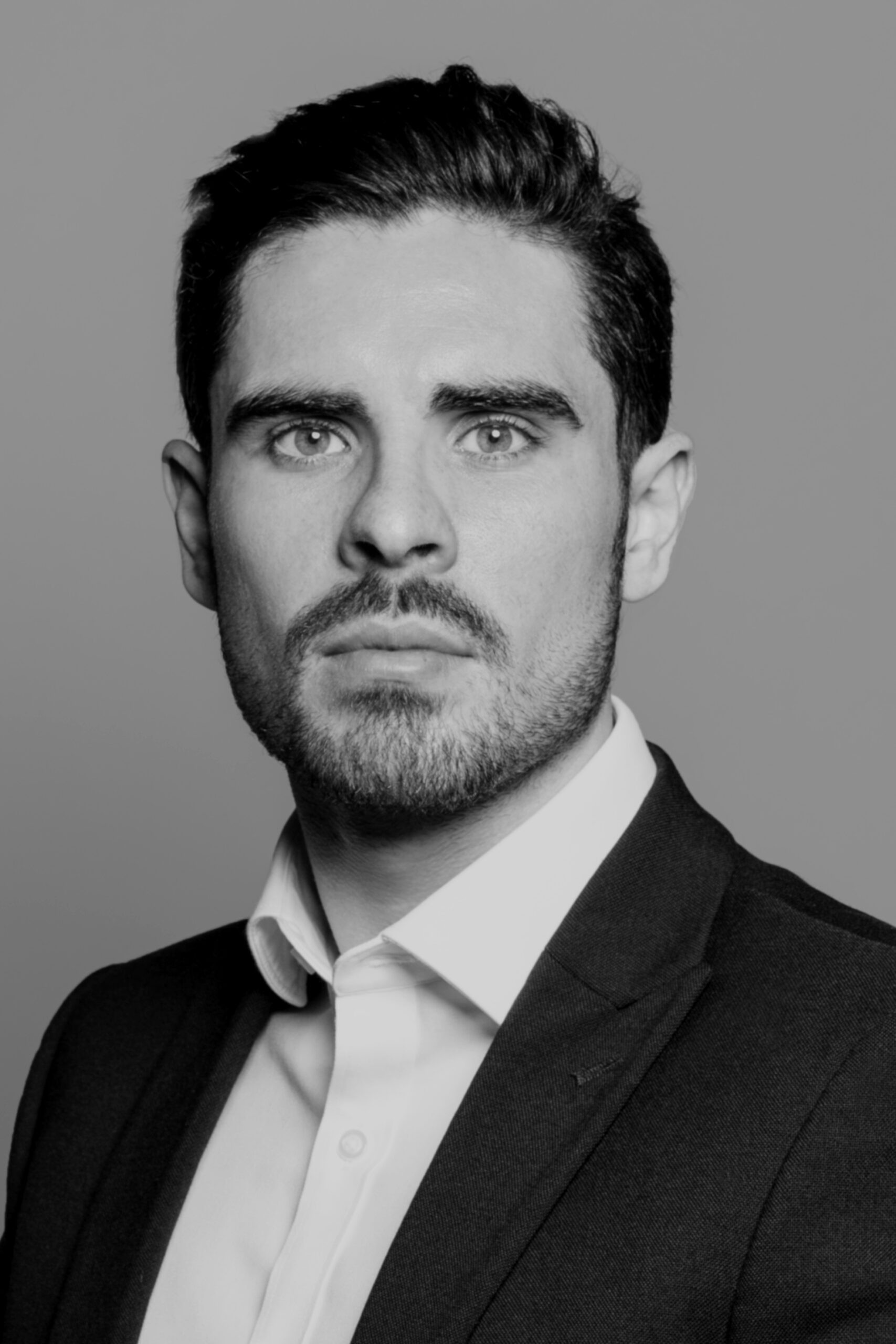Democratising creativity for good
I run Boom Saloon, which is a global movement to democratise creativity for good, and that has three different strands. We publish a print magazine and have a creative studio, and we use the profits from both of those to run a series of community projects. They’re all about using creativity to inspire and empower people facing challenges.
The only issue is that there are too many exciting things to do
I’m officially the founder. With that, there are so many challenges in that you have to be everything and do everything. I’m a big believer in the fact that no one knows everything – so trying to be and do everything has a number of challenges in itself. I suppose on a more personal level, one of my big challenges is that I have never been troubled to come up with ideas. At any given time there will be hundreds of ideas bouncing around in my brain, so trying to be quite strategic and have a business head on, whilst still meeting our objectives and being as creative as we want to be and doing the right thing for our entire community – that’s probably the biggest challenge of mine – because I love to do all of these different things. Trying to narrow it down and pinpoint what’s realistic and achievable at any given time is a constant challenge, but one that I am very happy to face; because the only issue is that there are too many exciting things to do.
There needs to be this recognition of everyone being a singular human being, & the fact that we are all facing our own challenges regardless of what bigger umbrella term we might be put under.
“
A big learning curve
We’re working on our third project at the moment, which is working with people living with dementia – so a slightly different demographic. This group are older because of the nature of dementia in general; even though it can affect an entire spectrum of ages. Previously we’ve worked with young people in forced displacement – refugees and asylum seekers. I suppose that was arguably quite a closed demographic. Within that, they, as all human beings do, have their own personal challenges that they are facing. I think that’s been a big learning curve of all of our projects. There needs to be this recognition of everyone being a singular human being, and the fact that we are all facing our own challenges regardless of what bigger umbrella term we might be put under. Our first project was broader. It was geographically based and that meant that we worked with a lot of young people who were facing a really broad range of challenges; violence, substance abuse, crime and homelessness. It wasn’t so much like we were targeting a particular demographic. So yes, it tends to be quite a mixed bunch, but as I say, I think the understanding of everyone being their own person helps us understand all of the different challenges that we all face.
It’s like a plate of spaghetti
It’s almost part of the magic of Boom Saloon – the reason we threw ourselves into this project was that we had a conversation with a person who mentioned a challenge they were facing. We then crossed paths with someone else who put us in touch with someone from another country. We then saw a particular exhibition online which reminded us of the potential of this. We then met someone who we realised would really benefit from our nurturing and support within that space. It’s almost – an analogy I sometimes use – like a plate of spaghetti. All of these potentials and conversations and people and ideas. And our job is to recognise this and come along and tie together those different strands, so it makes sense as a singular project.
We’d spent about a year and a half researching the field of dementia, finding out as much of the ins and outs as we possibly could. I think there always reaches a point where you realise, you need to just speak to people. That life experience is so much more valuable than anything written in a book will ever be. We reached that point – got in touch with some amazing people, forged some amazing connections and took things from there.
I firmly believe that work is called work for a reason. You’re not going to love every hour of every day, but I think if you can say that you love a part of every day, that’s something really special to nurture & hold on to.
“
What it’s actually like to live with dementia
The outcome initially was very much driven by the group themselves. We started speaking to them just as the lockdown was being enforced and one of the biggest challenges that came up very quickly was this idea of isolation and the struggle to explain to a wider group of people what it’s actually like to live with dementia. There are a lot of medical papers, there is a lot of jargon and there is a lot of generic talk from a number of different places, so it can be difficult to get that real human experience. This idea of isolation was so paramount for these people living with dementia at this time, which just has so much scope to knock things back in a really upsetting manner. Our idea was that we could work with our community to introduce new experiences to the group – they’re called ‘STAND’. They’re a peer support group based in Fife to people living with dementia and their families and friends.
Very little jargon, just true human voices
We then had this initial conversational call which was very informal and lovely; just very personable. A lot of informal discussion around life in general. And then from there, each of the poets and writers recorded a workshop. The idea was that STAND could go and replay that at the time that suited them. If they needed to hit ‘pause’ that was no problem. If they needed to rewind it, that was no problem. If they wanted to do it two or three times. If they wanted to do it with their family or repeat it with their friends – there was suddenly all this flexibility to do whatever best suited them. We essentially worked with STAND and the poets and the writers to use their true voice to put words to the experience of living with dementia. So very little medical speak. Very little jargon. Just true human voices. At the start, the group pretty much across the board said ‘We can’t do this, we’re not poets, we’re not writers.’ But the words that they wrote were unbelievable, absolutely on par with all of the professional writers and poets who we brought on board, who I know would not mind me saying that because they felt exactly the same way. The words that were written were quite extraordinary.
We’re currently trying to raise funds to create a print publication and a website which would tell these stories to a much wider audience, and it would also allow those who couldn’t take part due to lockdown – maybe due to technical issues, or personal issues, or any number of different things – it would allow them to have free access to these resources in an ongoing nature. So it becomes, almost an open-source project. That’s the real importance to us – pushing this a little bit further, with the support of STAND who are just incredible.
There seems to have been such a shift that I’m so happy about. It feels like our society has almost had a collective awakening. Instead of asking ‘Why would you help others?’ we are now asking ‘Why wouldn’t you?’
“
No one is paying you to do that
When I first came out with the idea for Boom Saloon, it would have been around 2015. When I mentioned it to people – consistently, the first question was ‘Why?’ followed by ‘No one is paying you to do that… there is no need to do that.’ I find it so interesting that now, that this question rarely comes up. There seems to have been such a shift that I’m so happy about. It feels like our society has almost had a collective awakening. Instead of asking ‘Why would you help others?’ we are now asking ‘Why wouldn’t you?’ I realise that can sound a bit lofty and naïve, and I’m aware of the fact that we’re not necessarily bettering the world – we’re bettering the lives of this small group of people that we have the privilege to work with. But I think being able to do that is exactly that – it’s a privilege, and I feel very humbled to be able to do that. The reason I wanted to use print as the medium and vehicle for doing this work, is that I need a balance of doing something I love, and having a creative outlet, alongside the fact that I do love helping others and being able to do that. And I feel that if my life – and I say life instead of career – because they are so intermingled now. If either of those had just one of those aspects, I wouldn’t have enough – I wouldn’t have that drive to continue.
Maybe it is a slightly selfish thing that I need both of those
I feel like if I was just making this beautiful magazine, yes that would be great – we’d find all these undercover talents, but I do think that if it was solely that – I would feel that something was missing. And equally, if we were only doing a project and I didn’t necessarily have an outlet for all these other things that I love, I think I could feel bled dry almost. So I kind of hesitate to say it’s selfish, but maybe it is a slightly selfish thing that I need both of those, and I’m aware of that. They both have this importance, and they both feed into each other. To be able to keep doing these, I need to have them both running in tandem. It doesn’t always work perfectly, in that, rarely will a project neatly take exactly six months, and we can concentrate on the next one for exactly six months. It’s quite rough and raw, and I’ve come to realise that’s just the nature of working with communities and working with people.
When you stop loving it, do something else
My dad is a crazy inventor. He’s had so many different jobs and he consistently loves what he does. When I was very little, he always said to me, ‘please, just do something that you love, for as long as you love it. When you stop loving it, do something else.’ You might want to be a baker for fifty years and then you might wake up one day and decide ‘Actually, I want to be a skydiver.’ Why not? He’s always had this mentality of, I’d rather you were working towards something that you loved, even if it’s bonkers or hard or it’s going to take a long time – rather than just being a slave to something because it’s easiest to do. Or because it’s what you feel is right to do. So that has always been very important to me, and I absolutely love what I do. And it is very, very hard.
Alongside that, I firmly believe that work is called work for a reason. You’re not going to love every hour of every day, but I think if you can say that you love a part of every day, that’s something really special to nurture and hold on to.
Join the movement at
LAPORTRA is a portrait specialist based in London, with pop-up studios in Holborn & Canary Wharf. We take beautiful portraits of people, from high-profile individuals doing interesting things in business, to those who simply need a clean headshot update for their CV.



